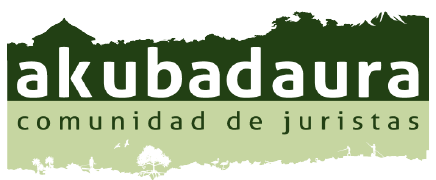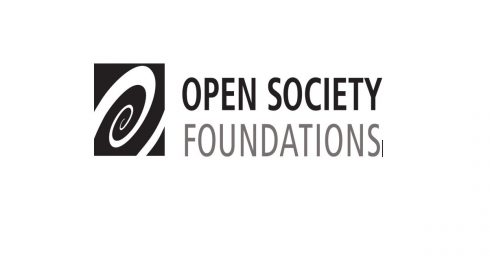
Photo credit: Javier Corso/ Oak Stories/Al Jazeera
In the second part of this blog (read the first part here), find out what our members are doing to strengthen data use for greater transparency and accountability in Columbia’s extractives sector.
In Colombia, more than half of the royalties paid by extractive companies to the government between 2017 and 2018 (15.6 billion pesos, or approximately US$4.6 billion) were not executed, according to a recent report from the General Comptroller. This points to significant barriers preventing royalty payments from ultimately contributing to local development.
One of the challenges to ensuring royalties are allocated and executed fairly and effectively in Colombia is that information on royalties is not being utilized to its full potential. This is due in part to the difficulties in linking data on royalty payments with local development projects and results, as well as to the limited space citizens have to demand accountability and participate in decision making.
These challenges were highlighted earlier this year during an assessment of Colombia’s extractives data led by the International Finance Corporation’s (IFC) Disclosure to Development Program, with the support of Transparency and Accountability Initiative (TAI) and Global Integrity. This assessment helped identify key barriers and opportunities to support Colombian organizations in promoting data use for greater transparency and accountability in the extractives sector.
Based on the findings of the assessment, TAI and Global Integrity are working with TAI members and local partners in Colombia to develop and test solutions to address these barriers. As a result, TAI members such as Ford Foundation and Open Society Foundations are extending their support to Transparencia por Colombia and Akubadaura Lawyers Commission to develop projects on improving data use in the extractives sector. The goal is to sharpen the impact of royalties, as well as strengthen and coordinate civil society demands for accountability in how they are allocated and spent.
These projects build on significant efforts led by Colombian organizations to promote social accountability at national and subnational levels, demand greater citizen participation in decisions related to the use of royalties, and ensure the protection of the rights of minority groups. More broadly, the projects will help build evidence regarding ways to effectively promote the use of data for accountability.
The following are the projects that these organizations will take forward:

- Transparencia por Colombia (Transparency International’s national chapter in Colombia) will support data analysis and advocacy related to royalty investments and reforms to the General System of Royalties (GSR). This work has been supported by Ford Foundation and is now receiving additional support from Open Society Foundations. Specific activities will include:
-
- Data analysis to bring light to how royalties are allocated to specific projects by national and subnational authorities;
- An advocacy campaign related to reforms of the GSR, coordinated through the Mesa de Sociedad Civil para la Transparencia en las Industrias Extractivas platform; and
- Pilot projects supporting civil society organizations to use data and monitor royalties in order to address relevant accountability gaps at the national and subnational level.

- Akubadaura Lawyers Commission, an organization led by indigenous women, will explore different approaches to using data to support transparency and advocacy related to the rights of indigenous groups in extractive projects. In Colombia, prior consultation of indigenous groups affected by natural resource extraction is a fundamental right. However, this right is often disregarded in practice. In an effort to address this implementation gap, Akubadaura will analyze the impact of royalty resources on indigenous communities, develop an information system on prior consultation commitments, and use data to increase awareness and improve advocacy of legislative measures for extractive mining projects that affect indigenous people. Ford Foundation will continue supporting the work of Akubadaura as part of a broader program focused on minority groups and extractive industries.
TAI will continue to explore new grants with other donor members and potential grantees that would complement these efforts. We also plan to further the collaboration with IFC and BHP Foundation by launching a call for ideas in early 2020. Stay tuned for more updates on these initiatives.
In the meantime, please reach out to us on Twitter at @TAInitiative and @Globalintegrity if you want to find out more about our continued work in Colombia or to share your thoughts about the use of data for accountability.


